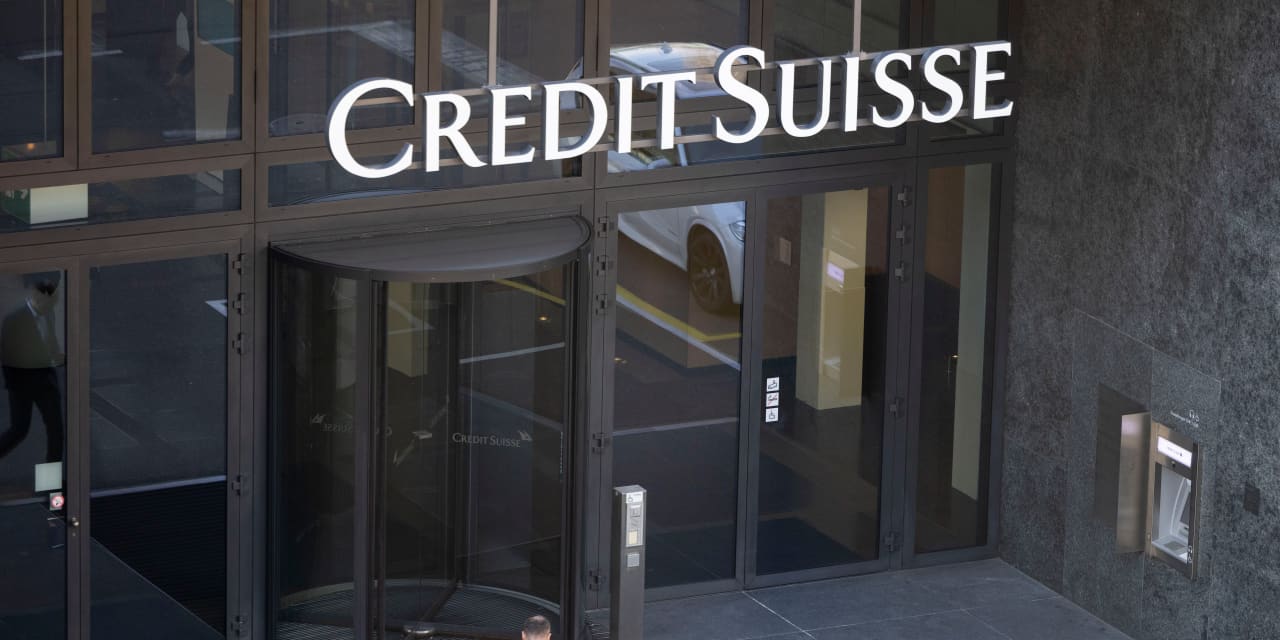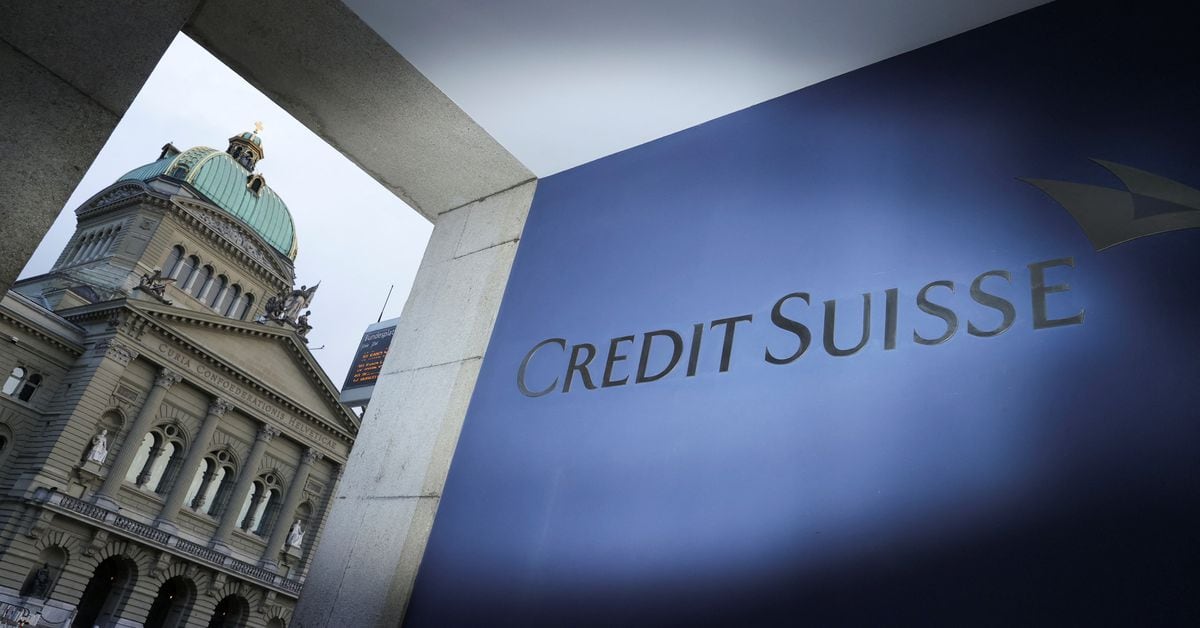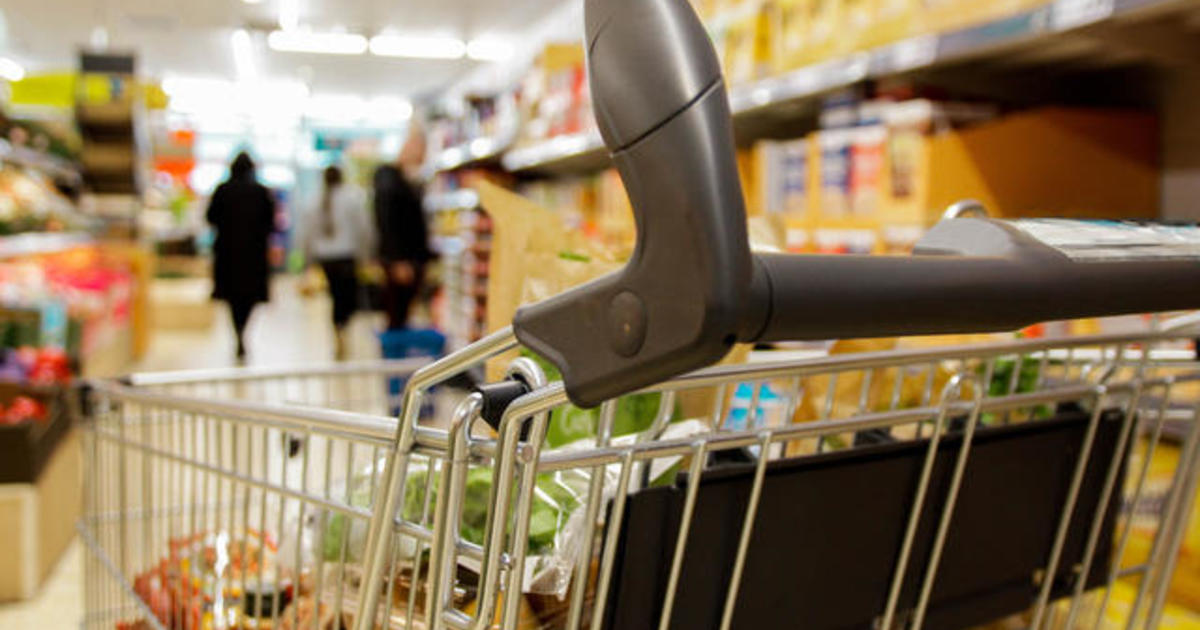The Swiss Government is urging UBS to buy Credit Suisse.
Apparently the $54 billion dollar credit line was the last intervention the Swiss Central Bank was willing to do for Credit Suisse.
In 2022 UBS had a $7.6 billion profit and Credit Suisse had a $7.9 billion loss.

UBS and regulators rush to seal Credit Suisse takeover deal possibly by Sunday: reports
Credit Suisse, UBS and their key regulators are working out a deal on the merger of Switzerland’s two biggest banks, according to reports on Saturday.www.marketwatch.com
It remains to be seen if UBS will get enough concessions from the Swiss to reluctantly acquire Credit Suisse.
Might know by Monday.
Wow, UBS will buy Credit Suisse for only $2 billion!

The UBS board will also be bypassed and get no vote on the deal as soon as the relevant laws are changed.
Any Credit Suisse shareholder will get about 50 cents per share, not in cash but UBS stock.

UBS agrees to buy Credit Suisse for more than $2bn
Swiss authorities engineer a deal that will combine the country’s two largest banks
Swiss Central Bank will give UBS a $100 billion credit line to get the deal done.
The population of Switzerland is 8.8 million people, so $100 billion is a lot.

**Edit**
Blarg, paywalls

UBS agrees to buy Credit Suisse for more than $2 billion, Financial Times reports
UBS has agreed to buy Credit Suisse after increasing its offer to more than $2 billion, the Financial Times reported on Sunday.
Last edited:





